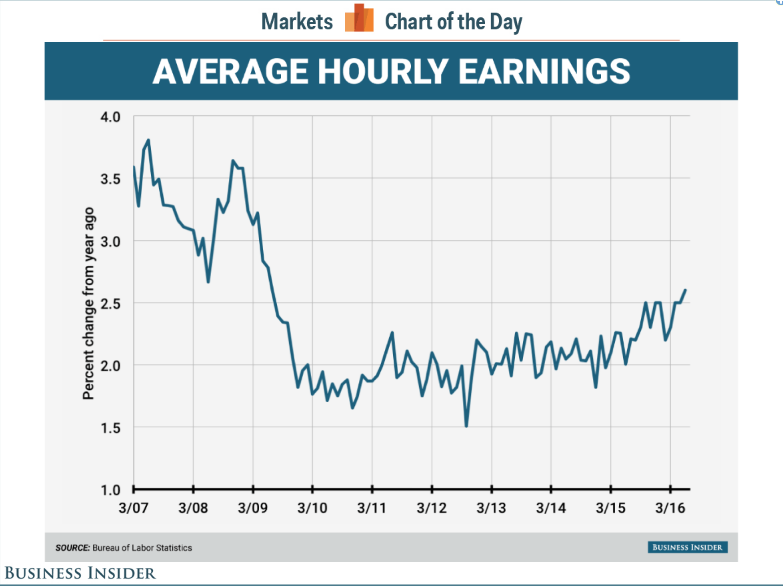If I have to listen to one more leadership guru tell hard working people they need to be more courageous, I’m going to walk up on stage and courageously punch that person in the face! There’s a reason you aren’t telling your executives exactly what’s going on in your business and the reason isn’t that you’re a wimp!
The reason we aren’t 100% truthful to our executives about what’s truly going on in our business is because we’ve bought in!
It’s the job of the executive to build and share a vision of the business. It’s the job of those under this executive to then go out and make sure that vision gets integrated into the business. Once you’ve drunk the Koolaid, it’s really hard to un-drink the Koolaid!
It’s not that we don’t want to tell our executives the truth, we do. We don’t because, like most executives, we can’t see the truth any longer!
I’ve worked for some really great executives who knew this about their next level leaders. They hired and promoted great people who they knew would ensure their vision was seen by all. They also knew, at that point, it was then their job to trust and verify.
The best executives I’ve worked for did not sit in an ivory tower and wait for the word to come back from their generals. They constantly spent time amongst the soldiers, those on the frontline, to ensure that the vision they wanted, was being heard at all levels.
Do you really think that most of the #2’s in organizations lack courage! They got hired and promoted, but then all at once the majority just lacked courage. That doesn’t add up to me! It’s not what I’ve seen in real life.
The reason those underneath you aren’t sharing the exact full picture of what’s going on is they have painted a different version in their mind, they’ve painted a picture of where they are trying to go. It becomes so vivid many times the present is very clear.
When I traveled to locations away from corporate in my career, I frequently got visited upon my return from my CEO. Not because I was one level below him because I was sometimes 3 or 4 levels below! He knew I was the perfect one to tell him what I was seeing and hearing because I was closer to getting my hands dirty then anyone else on the trip.
You don’t need to be more courageous to help your executives. You need to go back and dig a few more ditches!


